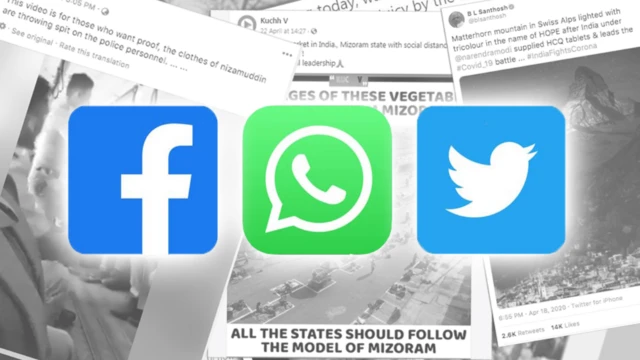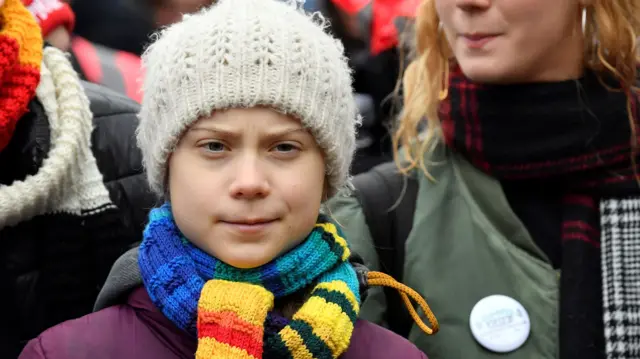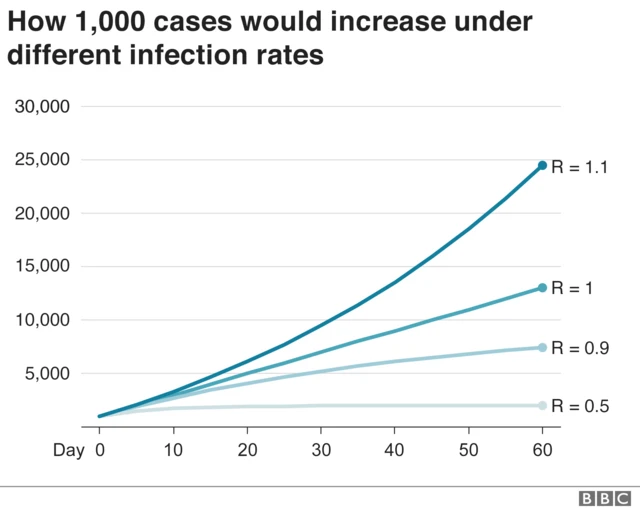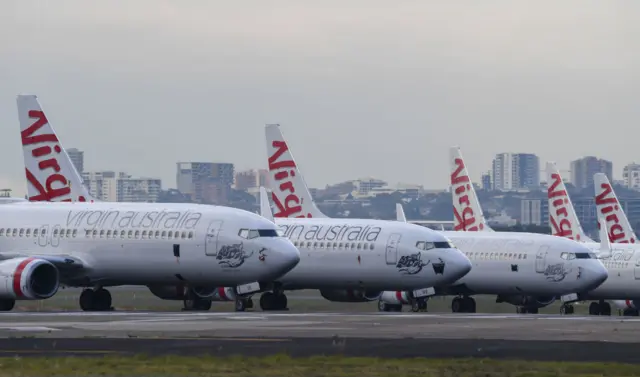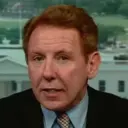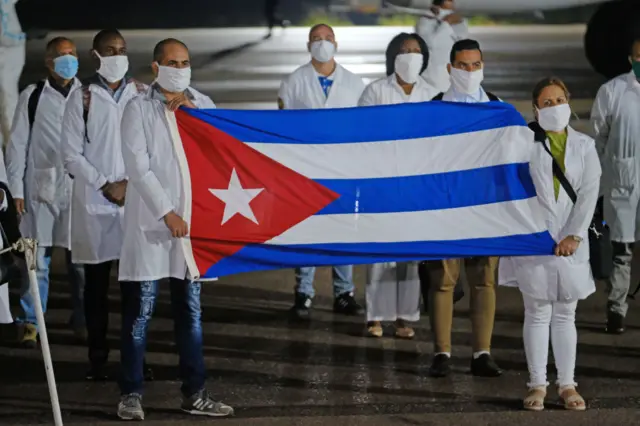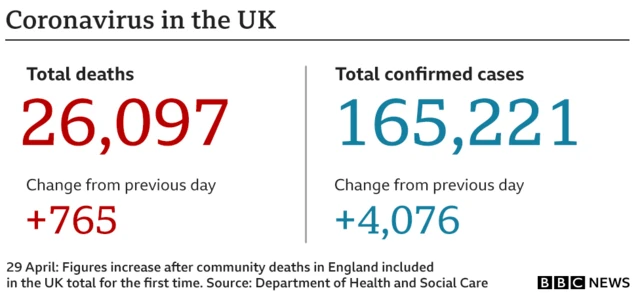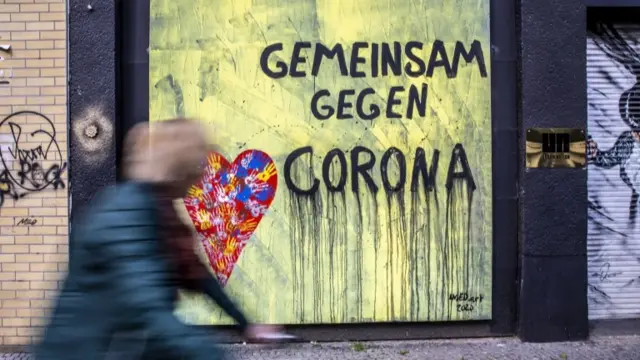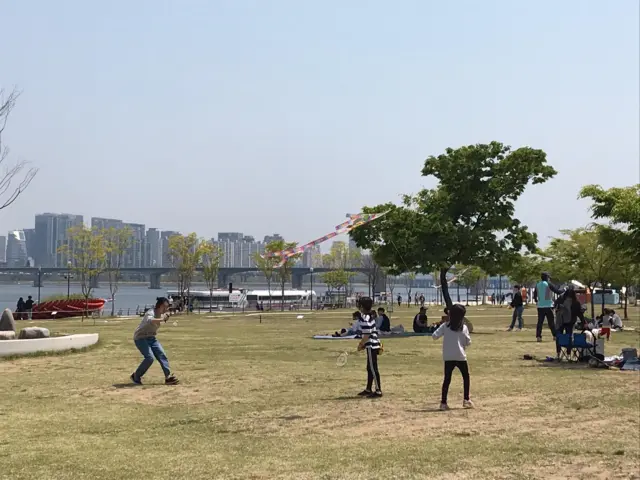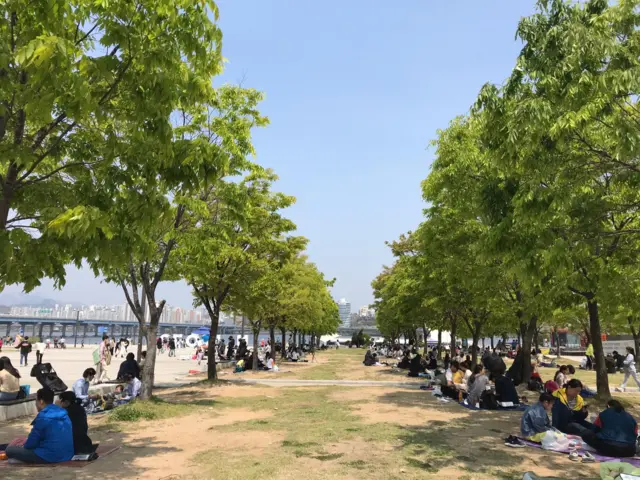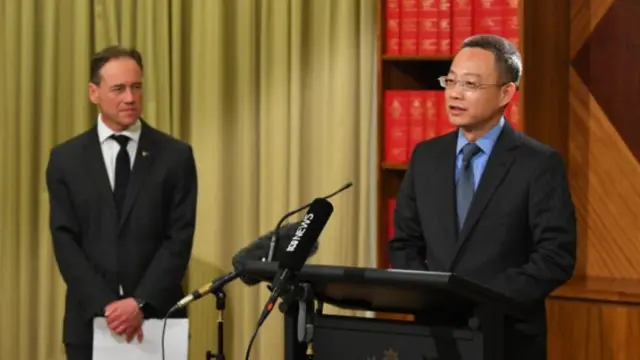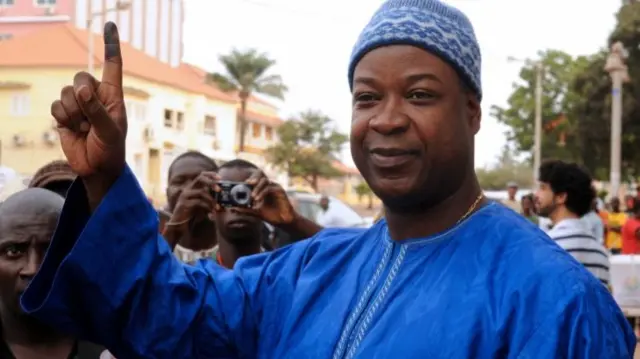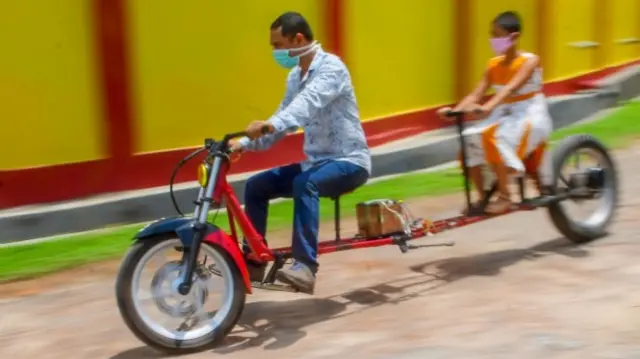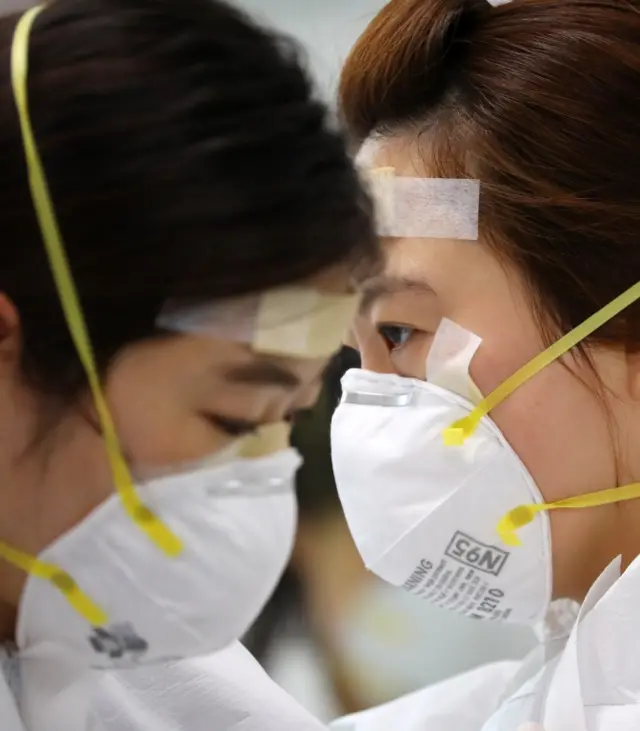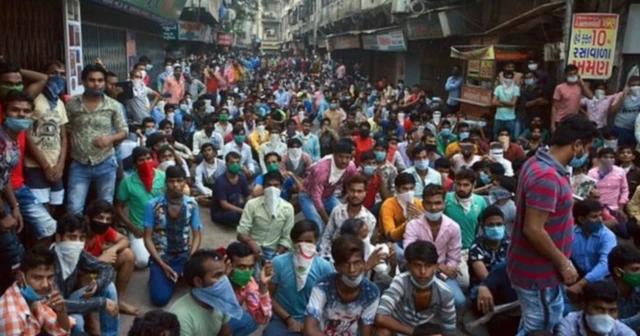Analysis: Johnson's first briefing since illness likely to be anti-climacticpublished at 08:05 BST 30 April 2020
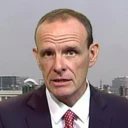 Norman Smith
Norman Smith
Assistant political editor
I suspect the daily coronavirus briefing led by UK Prime Minister Boris Johnson later is going to be an anti-climactic occasion.
We are not going to get the nuts and bolts of a putative exit strategy. There is not going to be a paper and I doubt there will be policy options.
We seem to be heading towards a restatement of what he said on the steps of Downing Street on Monday but the one new area is the science underpinning policy decisions.
This relates to the R factor and seems to be the guiding star of lockdown policy. If it is below one everyone is happy, if it is above we are heading towards crisis and the National Health Service being overwhelmed.
Ministers are looking with mounting trepidation towards Germany where, after an easing of restrictions, it seems to be climbing again, leading to Angela Merkel mooting the possibility of renewed lockdown.
The numbers on testing still look adrift. Health Secretary Matt Hancock has not given up reaching 100,000 tests a day even though we won’t get the final figure for Thursday until Saturday.
If he does not hit the target I think he will argue that by raising the bar so high he has galvanised drug providers into getting their act together. But the numbers are less important than the delivery. There is a complexity in accessing tests and it is that which really needs to be ironed out.
